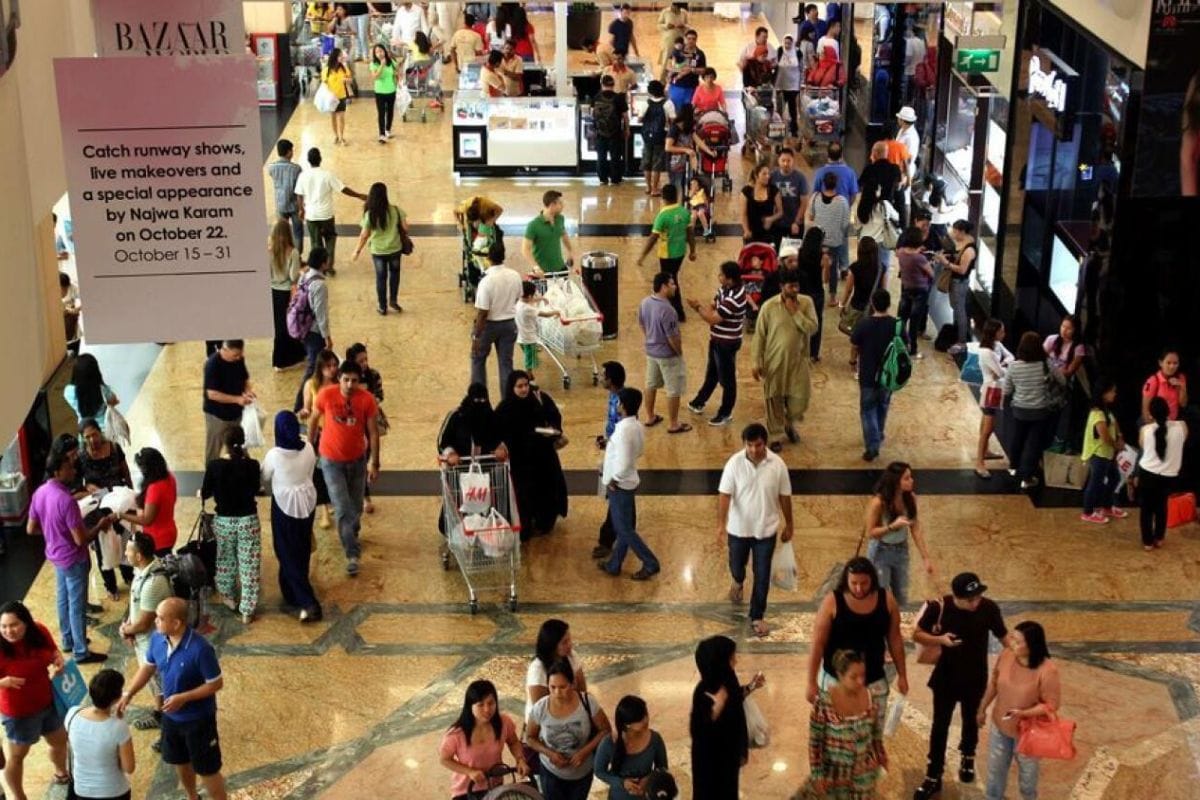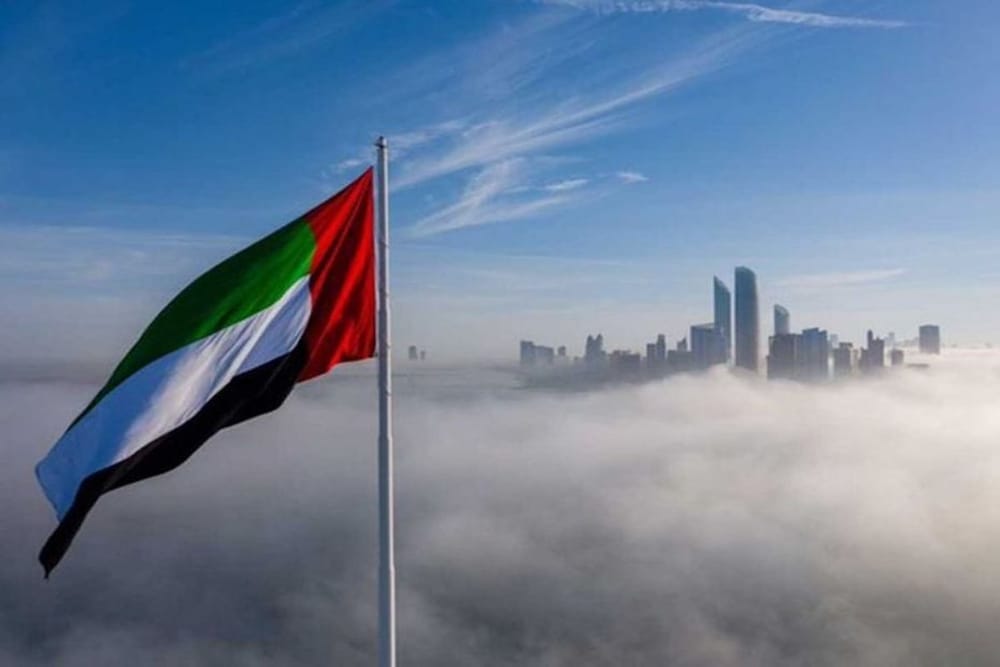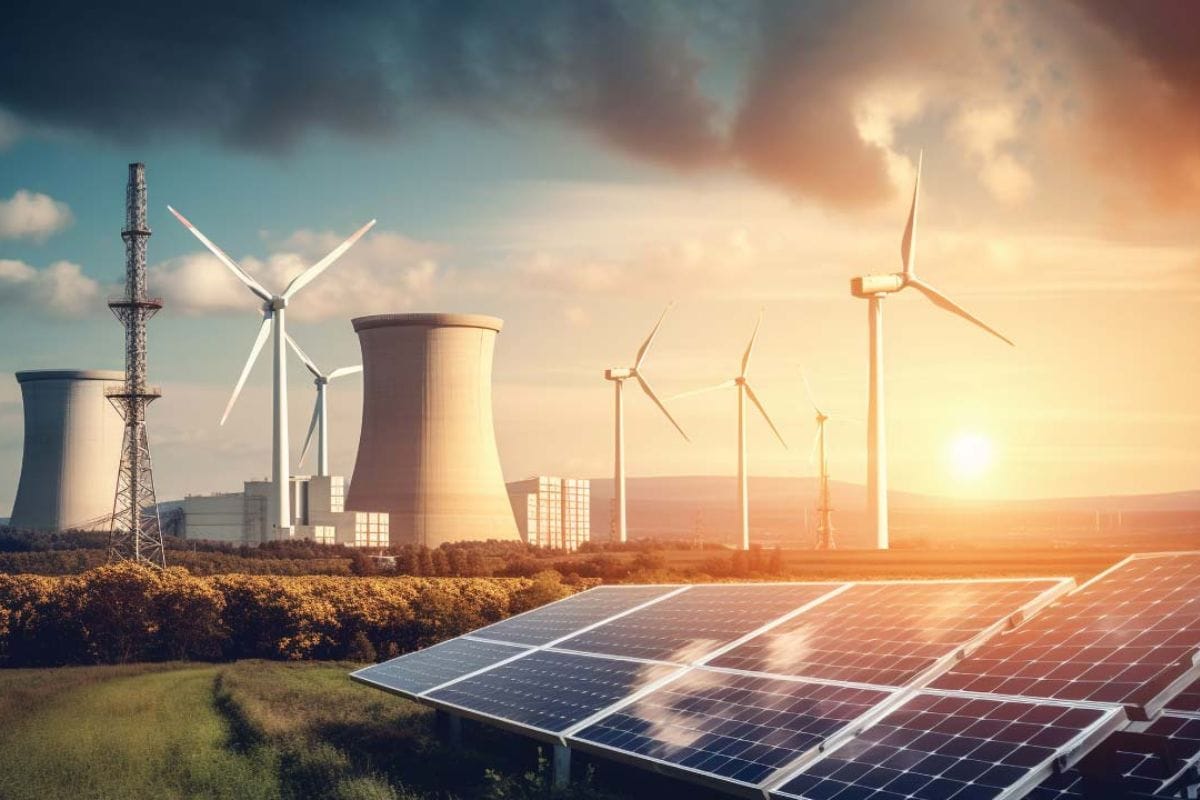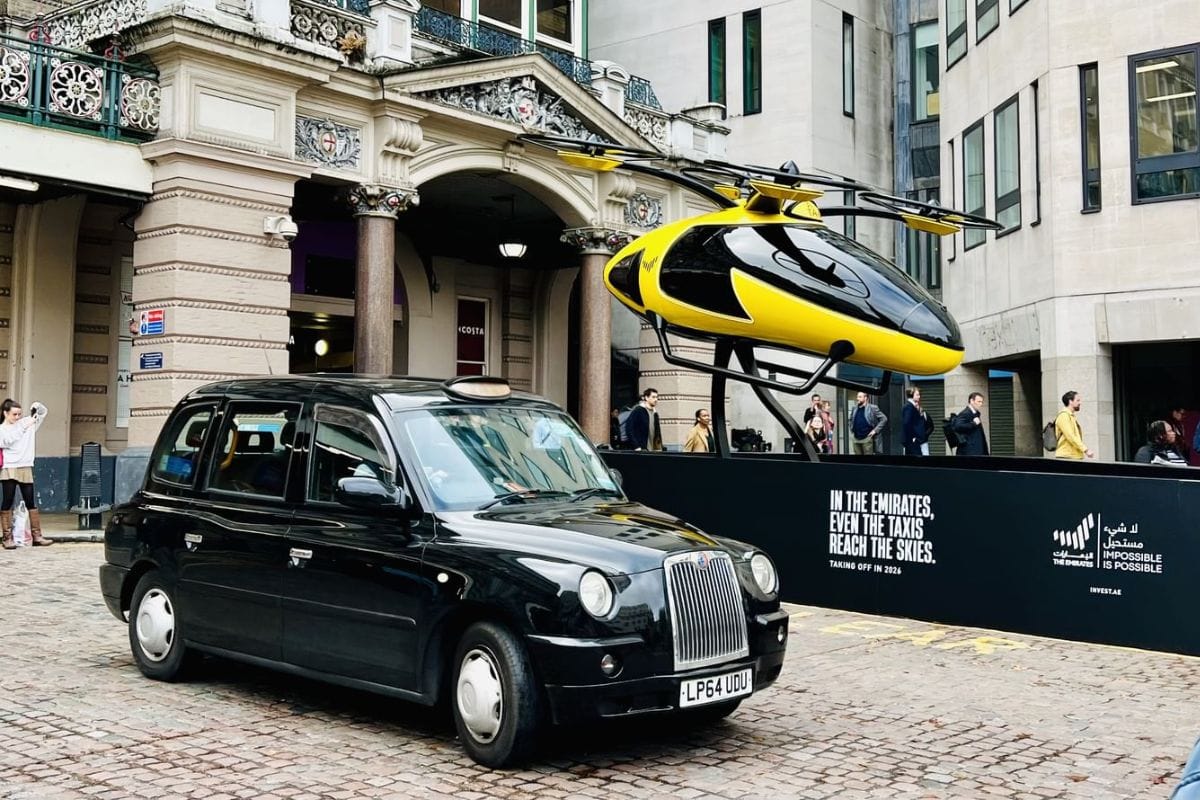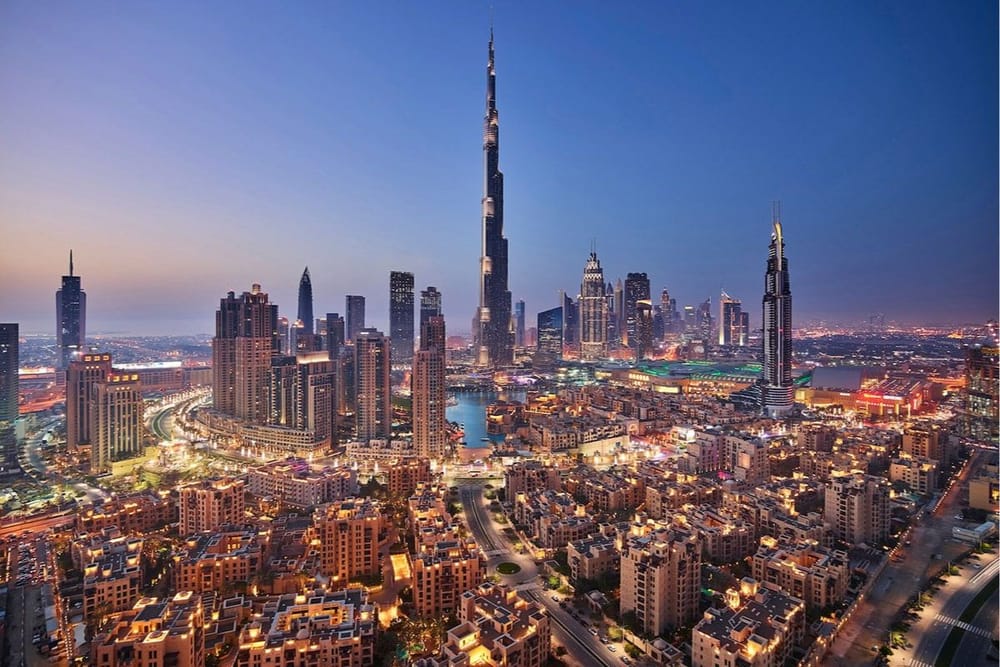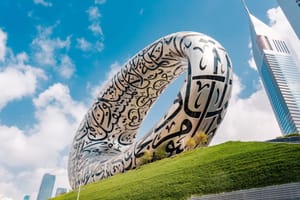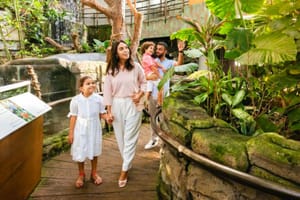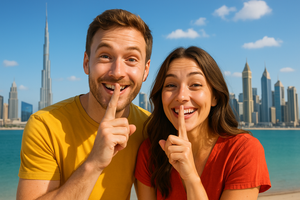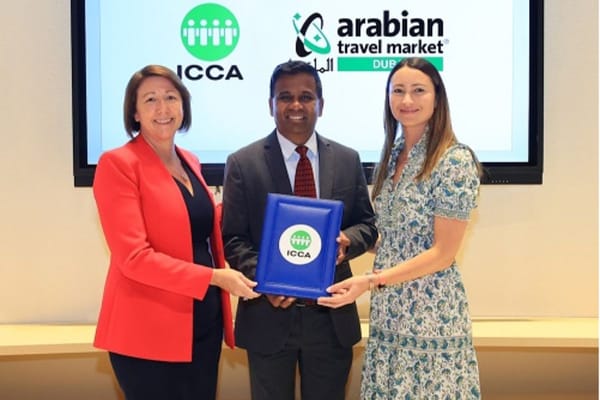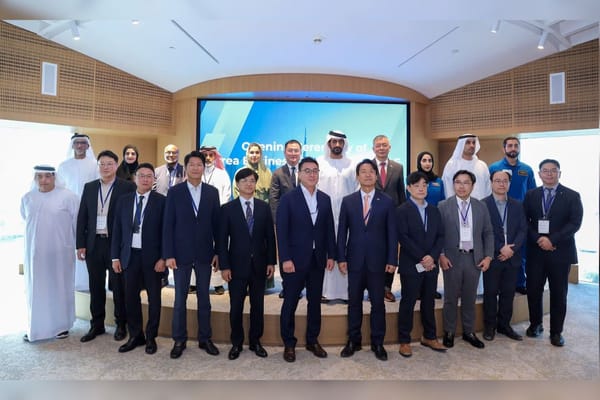Dubai is rapidly becoming a home for many individuals seeking new opportunities and vibrant experiences; and this is nothing new. Its unique mix of culture, innovation, and economic growth continues to attract talented people from around the world. In the first quarter of 2024 alone, the city's population increased by 25,776, reaching a total of 3,680,785 residents. This growth represents a slight uptick from the 25,489 new residents recorded during the same period in 2023, highlighting Dubai's ongoing appeal, particularly among newcomers from regions like Russia and sub-Saharan Africa.
However, such rapid growth presents significant challenges, especially regarding infrastructure and public services. To tackle these issues, Dubai has initiated the 2040 Urban Master Plan, a comprehensive roadmap aimed at guiding urban development over the next two decades. This plan aspires to balance sustainable growth with an enhanced quality of life, setting the stage for the emirate's population to grow from 3.3 million to a projected 7.8 million by 2040.
In this article, we'll delve into how Dubai is adapting to its growing population and urbanization, exploring key initiatives, infrastructure developments, and the broader implications for the city's future.
Current Demographics and Urbanization Trends
Dubai has experienced unprecedented growth and urbanization, becoming a global hub for trade, tourism, and innovation. The emirate’s population has surged from around 70,000 at the time of the UAE's formation to approximately 3.6 million in 2024. This remarkable increase is attributed to a booming economy fueled by oil discovery in the 1950s, which transformed Dubai from a modest fishing village into a major global trade center.
As of early 2024, Dubai saw a net population growth of 25,776 in just three months, reflecting a strong influx of expatriates, particularly from regions like Russia and sub-Saharan Africa. This demographic shift has made the city home to over 200 nationalities, with expatriates constituting about 85% of the population. Indians make up the largest segment of this community, accounting for 51%, followed by significant numbers from Pakistan, Bangladesh, and the Philippines.
The demographic landscape of Dubai is characterized by a youthful population, primarily in the working age group of 25-54 years, contributing to the city’s dynamic labor market. The Emirates Group exemplifies this diversity with its workforce comprising 41% women, actively fostering an inclusive environment.
Urbanization in Dubai has been nothing short of extraordinary. Between 1972 and 2011, the urban area expanded at a compound annual growth rate of 10.03%, peaking during 2003-2005. This rapid growth has led to urban sprawl, a decrease in population density, and significant land cover changes, with extensive construction of offshore islands and increased greenery. The government's proactive development strategies and the global economic landscape play crucial roles in this ongoing transformation.
Adapting to Population Growth and Urbanization
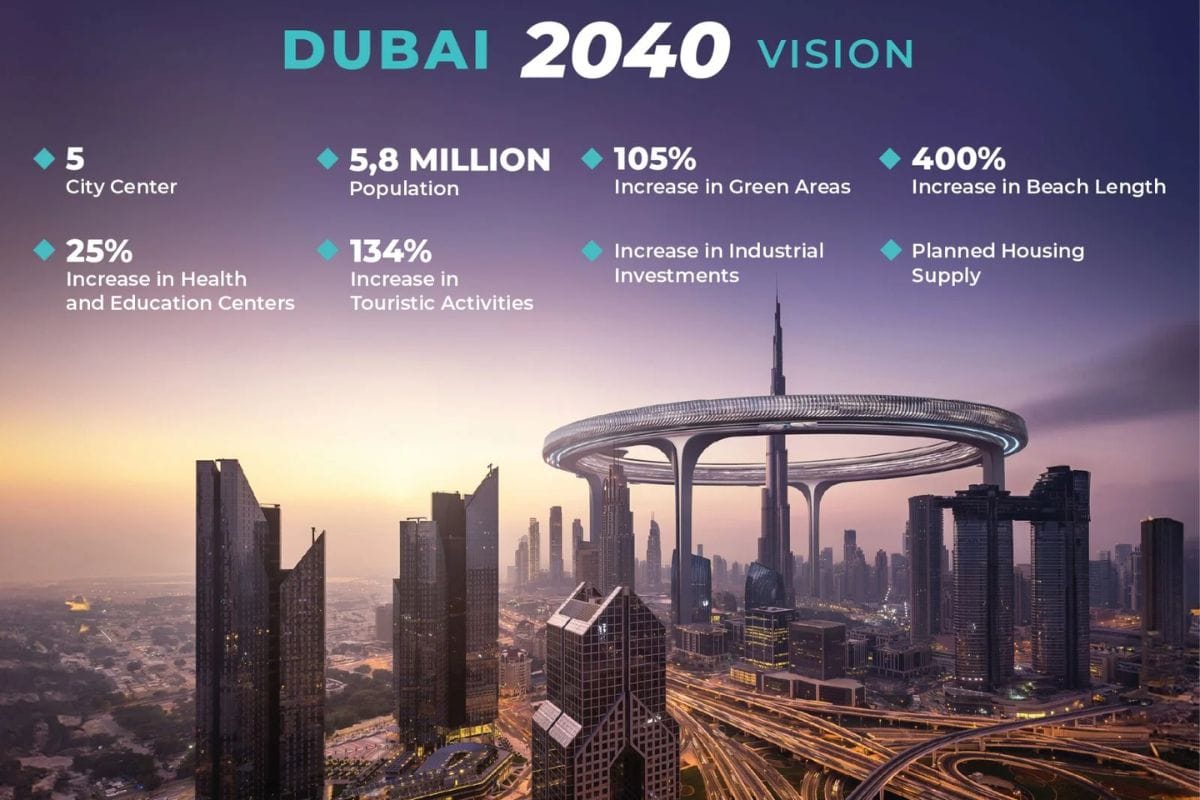
As Dubai continues to experience a significant influx of residents and a surge in urbanization, the government is proactively implementing strategies to accommodate this growth while maintaining its commitment to sustainability and quality of life. The government’s multifaceted approach focuses on infrastructure development, urban planning, and enhancing the overall living experience for its diverse population.
1. Infrastructure Development
Dubai's infrastructure is undergoing significant transformation to accommodate its growing population, with an emphasis on modernity and sustainability:
- Expansion of the Metro System:
The Dubai Metro, known for its efficiency and reliability, has been expanded significantly. The Route 2020 extension connects the Expo 2020 site with residential areas, enhancing accessibility for both residents and visitors. Future projects aim to extend the metro further into developing districts such as Mirdif and Dubai Silicon Oasis, which are expected to house a significant portion of the population by 2040.
- Smart Traffic Management Systems:
To combat traffic congestion and improve road safety, Dubai has invested in a new Traffic Control Centre located in Al Barsha. This system uses advanced technology to cover 60% of the city’s road network, providing real-time traffic data to motorists and minimizing bottlenecks. These initiatives are part of a broader strategy to implement smart city technologies that enhance urban mobility and reduce commute times.
- Integrated Public Transport Network:
Dubai's Roads and Transport Authority (RTA) is actively developing a comprehensive public transport system that includes buses, trams, and water taxis, all integrated into a single payment and scheduling system. This approach not only encourages public transport usage but also supports the city's sustainability goals by reducing reliance on private vehicles.
- Green Urban Development:
The city is also focusing on creating green spaces and parks to enhance the quality of life for its residents. Initiatives under the Dubai 2040 Urban Master Plan aim to double the green areas across the city, ensuring that 60% of Dubai comprises nature reserves and natural areas. Parks and green corridors are designed to promote outdoor activities and provide recreational spaces for families.
2. Economic Development
The government of Dubai is committed to fostering economic growth through various initiatives aimed at attracting businesses and skilled professionals:
- Diversified Economy:
Dubai has established itself as a leader in sectors such as tourism, finance, technology, and real estate. The emirate’s strategic location and favorable business environment attract foreign investment, providing ample job opportunities for skilled workers. The government’s focus on diversifying the economy reduces dependency on oil and enhances resilience against global economic fluctuations.
- Support for Entrepreneurship:
Programs such as the Dubai Startup Hub and Dubai Future Accelerators promote innovation and entrepreneurship. These initiatives provide resources, mentorship, and funding opportunities to emerging businesses, creating a vibrant ecosystem for startups to thrive.
- Real Estate Growth:
The booming population has spurred demand for both residential and commercial properties, leading to significant investments in the real estate sector. Analysts predict property values will increase by 5-15% in 2024, underscoring Dubai’s appeal as a lucrative market for investors.
3. Sustainability Initiatives
Sustainability is at the core of Dubai's urbanization strategy, with the government launching several ambitious initiatives to promote eco-friendly practices:
- Dubai 2040 Urban Master Plan:
This comprehensive roadmap guides the emirate's development towards sustainability and improved quality of life. The plan aims to accommodate a projected population of 7.8 million by 2040, focusing on creating mixed-use urban centers, enhancing public transport, and increasing green spaces. It sets a target for 55% of residents to live within 800 meters of public transport stations, significantly improving accessibility.
- Renewable Energy Projects:
The Mohammed bin Rashid Al Maktoum Solar Park is one of the largest solar projects globally, aiming to generate 5,000 MW of clean energy by 2030. This initiative is part of the Dubai Clean Energy Strategy 2050, which seeks to ensure that 75% of the city’s energy comes from clean sources by 2050. Such projects are crucial for reducing the carbon footprint and achieving the UAE's long-term sustainability goals.
- Waste Management and Recycling Programs:
The Dubai Municipality is actively enhancing waste management practices, promoting recycling, and implementing waste reduction strategies. Initiatives like the Dubai Paperless Strategy aim to minimize paper usage across government entities, encouraging businesses and residents to adopt eco-friendly practices.
- Year of Sustainability:
In 2023, the UAE declared it the Year of Sustainability, reflecting a commitment to integrating sustainable practices across all sectors. This initiative amplifies efforts to reduce environmental impact and promote sustainable living among residents and businesses.
4. Cultural Integration and Community Engagement
Dubai's multicultural environment necessitates ongoing efforts to foster integration among its diverse population:
- Cultural Celebrations and Festivals:
The city hosts numerous cultural festivals that celebrate various traditions and customs, providing opportunities for residents to engage and learn from one another. These events enhance community ties and promote cultural awareness.
- Education and Awareness:
Schools and community programs emphasize multicultural education, fostering understanding and acceptance among different ethnicities and religions. This educational focus helps build a cohesive society amid diversity.
- Government Policies on Tolerance:
The establishment of the Ministry of Tolerance illustrates the UAE’s commitment to promoting inclusivity. Government initiatives aim to enhance dialogue and understanding among various cultural groups, reinforcing Dubai’s reputation as a welcoming city.
Dubai's proactive approach to accommodating its growing population showcases its commitment to creating a sustainable and livable urban environment. Through the Dubai 2040 Urban Master Plan, the emirate aims to enhance infrastructure, diversify its economy, and promote sustainability.
By focusing on innovative solutions and community engagement, Dubai is well-positioned to meet the challenges of urbanization and continue thriving as a global hub for business and culture. The journey ahead promises a vibrant future, where all residents can enjoy a high quality of life in this dynamic city.
Data Source: Dubai Statistics Centre
Also Read:
